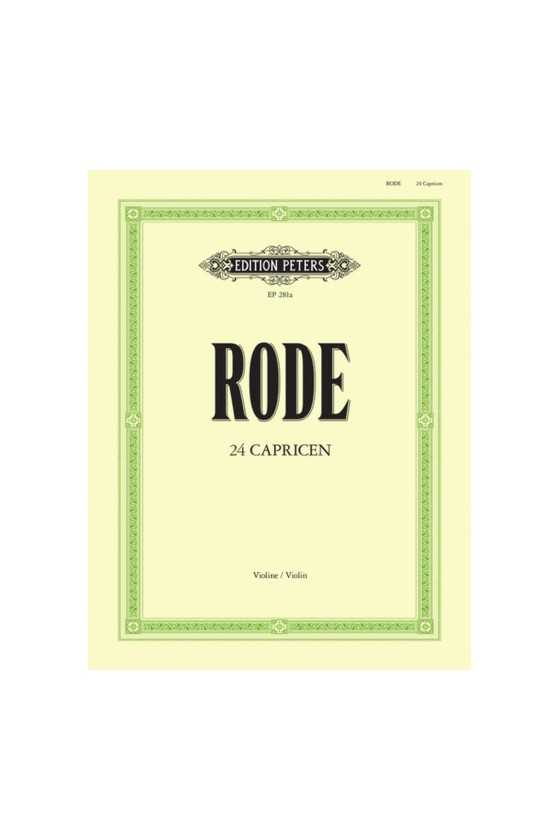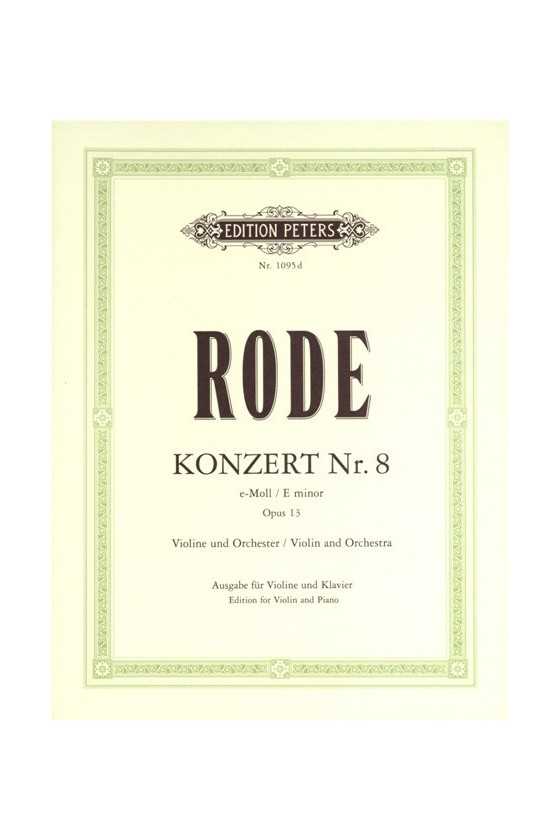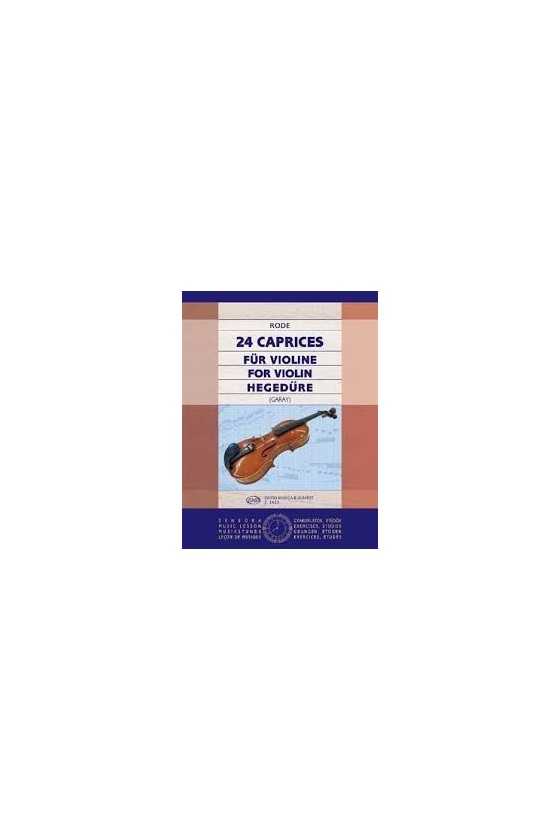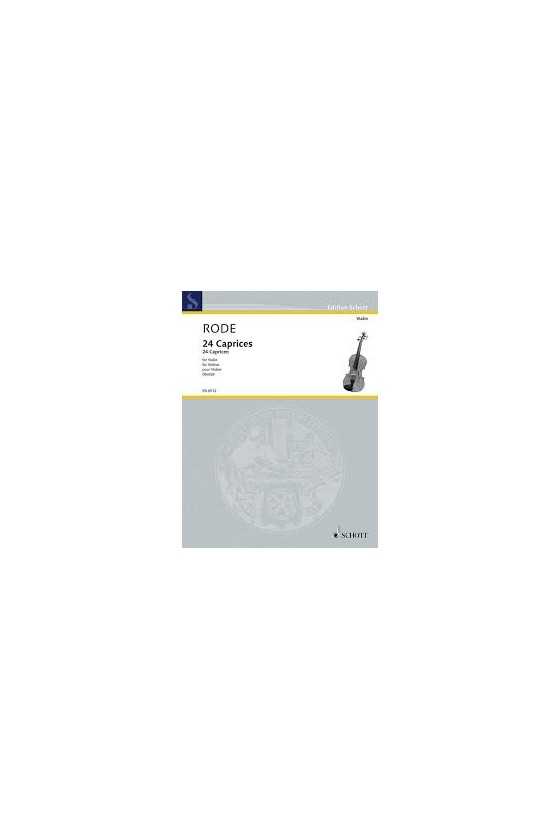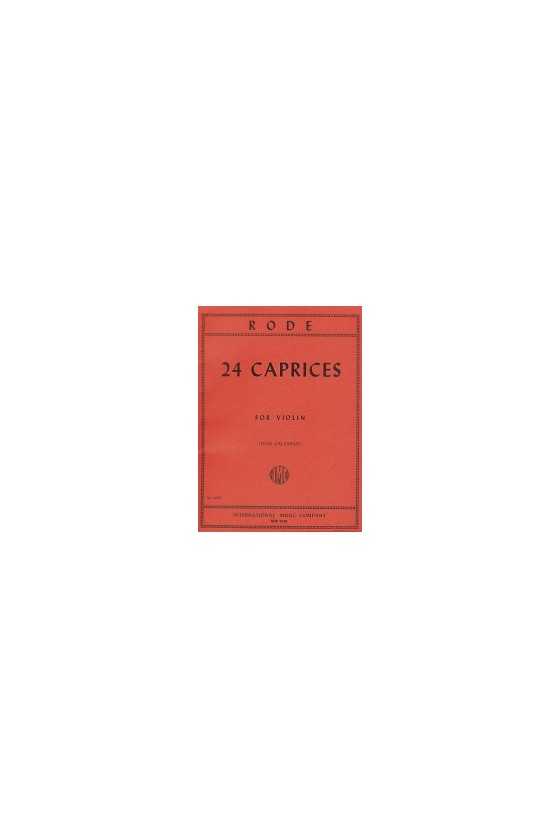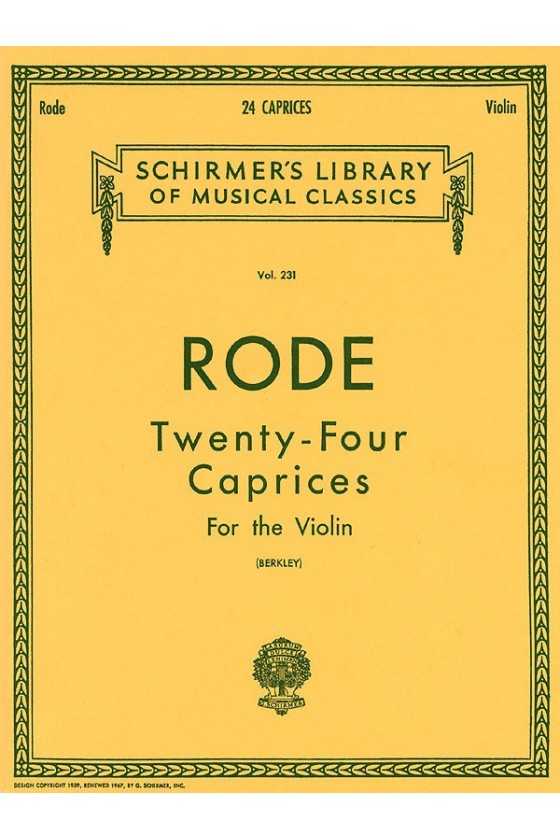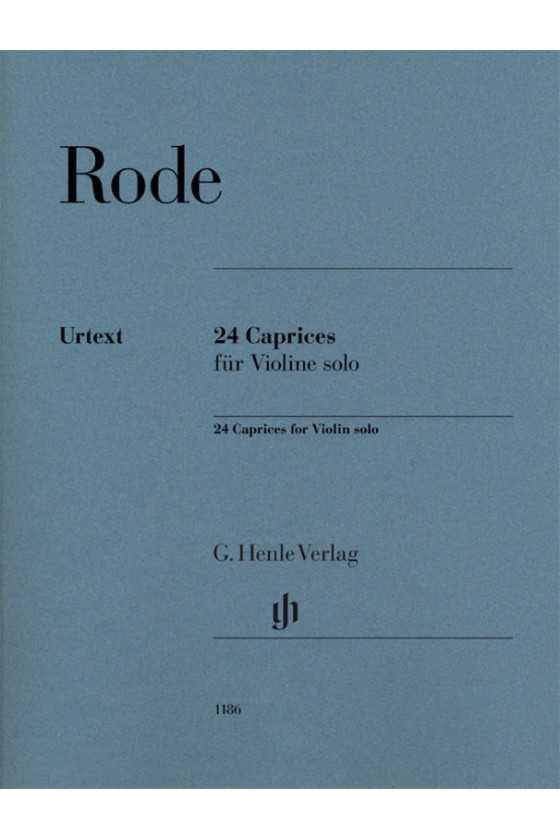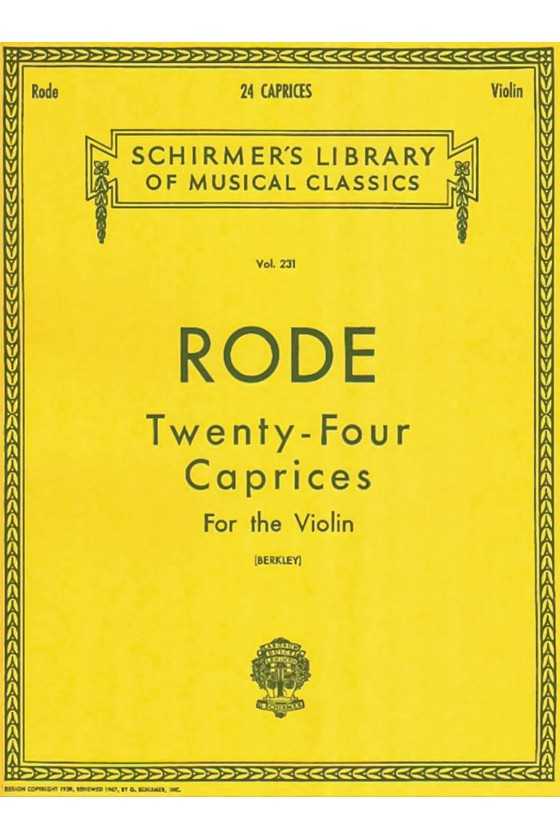Rode, Jacques Pierre Joseph
Jacques Pierre Joseph Rode, a renowned violinist and composer, left an indelible mark on the world of music during the Romantic era. Born in Bordeaux, Aquitaine, France, on February 16, 1774, Rode's talent and dedication propelled him to become a favorite pupil of the esteemed violinist Giovanni Battista Viotti.
Early Years and Influences
At the tender age of thirteen, Rode left his hometown and ventured to Paris in 1787. It was there that he encountered his mentor, Giovanni Battista Viotti, who recognized Rode's exceptional talent and decided to offer him free violin lessons. Viotti's tutelage greatly influenced Rode's style, but the young prodigy managed to add his own touch of mildness and refinement to his playing. Rode's dedication to his craft was evident as he honed his skills and embraced Viotti's teachings.
The Conservatoire de Paris and Collaborations
Rode's musical journey led him to collaborate with fellow violinists Pierre Baillot and Rodolphe Kreutzer on the official Violin Method of the Conservatoire de Paris, which was published in 1802. This milestone publication showcased Rode's expertise and commitment to advancing the violin technique. His contributions to this method solidified his reputation as a prominent figure in the violin community.
Extensive Travels and Solo Performances
Throughout his career, Rode embarked on extensive travels, captivating audiences across the Netherlands, Germany, England, and Spain. His exceptional talent earned him the honor of serving as a violin soloist for Napoleon Bonaparte. During his time in Saint Petersburg from 1804 to 1809, Rode resided with the renowned composer François-Adrien Boieldieu, further enriching his musical experiences. These journeys allowed Rode to share his artistry and passion with diverse audiences around the world.
Challenges and Evolution
Upon his return to Paris, Rode faced a setback as he discovered a waning interest in his performances. Some attributed this decline to Rode's playing becoming "cold and full of mannerism," as noted by Louis Spohr, a contemporary violinist who had witnessed Rode's evolution both before and after his time in Russia. Additionally, it is said that Rode suffered from a lymphatic infection in his right arm caused by streptococcus bacteria, which limited his ability to bow with power and speed. Despite these challenges, Rode's determination and resilience allowed him to navigate through this difficult phase.
Beethoven and Chamber Music
During his visit to Vienna, Rode found himself intertwined with the genius of Ludwig van Beethoven. It was during this time that Beethoven composed his final violin sonata, Op. 96, dedicated to Rode. The collaboration between these two musical titans stands as a testament to Rode's influence and significance in the classical music landscape. Rode's prowess extended beyond solo performances as he also showcased his talent in chamber music settings, further cementing his versatility as a musician.
The Legacy of Rode's Composition
Rode's contribution to the musical repertoire is marked by his extensive body of work, including four Quatuors brillants for violin and string trio, thirteen violin concertos, and numerous other compositions for the violin. While his violin concertos are not frequently performed in modern times, they played a pivotal role in the development of the Romantic concerto genre. However, it is Rode's 24 Caprices that continue to captivate violinists and serve as a fundamental part of advanced violin studies. These compositions embody Rode's technical prowess and artistic sensibility.
Influence on Future Generations
Rode's impact extended beyond his own era, influencing younger violinists such as Louis Spohr, who not only inherited but also improved upon Rode's style. The musical lineage passed down from Rode to Spohr exemplifies the enduring nature of Rode's influence and the lasting impression he left on the violin community. His innovative approach to violin playing continues to inspire and shape the artistry of present-day musicians.
Conclusion
Jacques Pierre Joseph Rode's life and music offer a glimpse into the world of classical music during the Romantic era. From his early beginnings in Bordeaux to his travels across Europe, Rode's talent and dedication propelled him to become one of the most influential violinists and composers of his time. His collaborations, compositions, and enduring legacy demonstrate the mark he left on the violin repertoire and the inspiration he provided to future generations of musicians. As we reflect on Rode's musical journey, we celebrate his contributions and recognize the profound impact he made on the world of music.
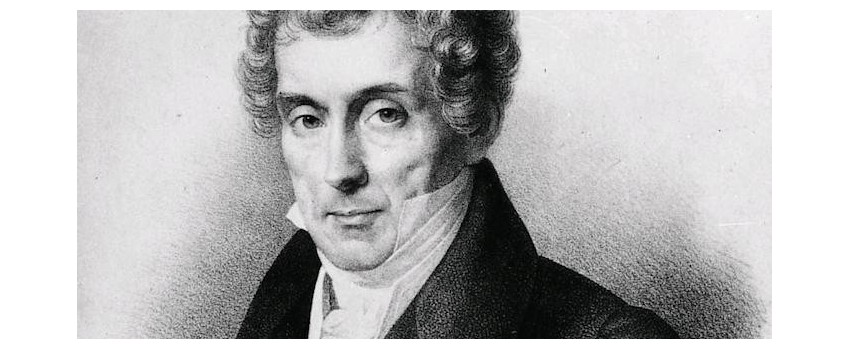
Rode, Concerto Op13 No.8 for violin in E minor (Peters)
Rode, Concerto No.8 for violin in E minor (Peters)
Rode, 24 Caprices for Violin Ed by Garay (EMB)
Rode, 24 Caprices for Violin Ed by Garay (EMB)
Rode, 24 Caprice for violin ( Schott)
Rode, 24 Caprices for the Violin (Schirmer)
Rode, 24 Caprices for violin (Berkley)
Pierre Rode's "24 Caprices," also known as "Caprices en forme d’études," is a pivotal collection for violinists, blending technical mastery with musical expression. Composed in the early 19th century, these caprices served as studies and performance pieces, challenging players with specific technical elements like double stops and intricate bowing techniques. Edited by Harold Berkley and published by G. Schirmer, Inc., this 51-page edition offers a user-friendly format for students and experienced players, making it an essential resource for enhancing technical proficiency and artistic interpretation in violin repertoire.

